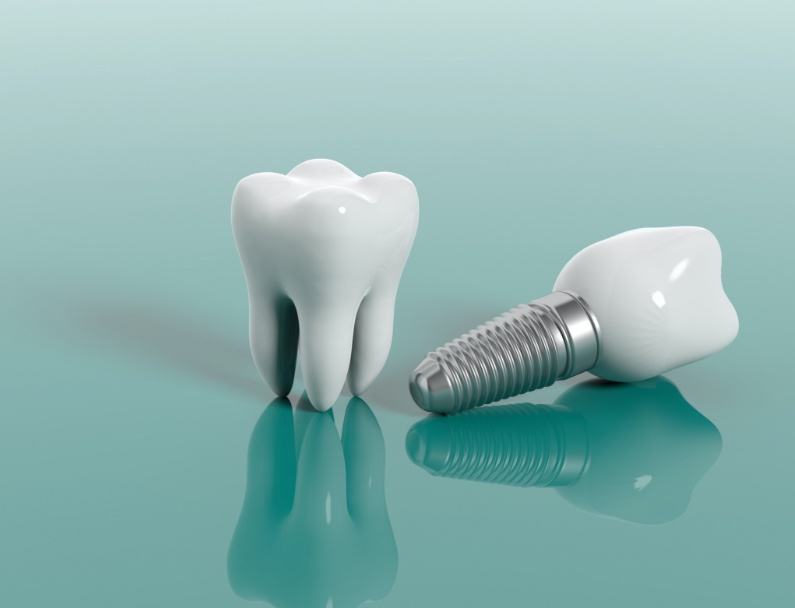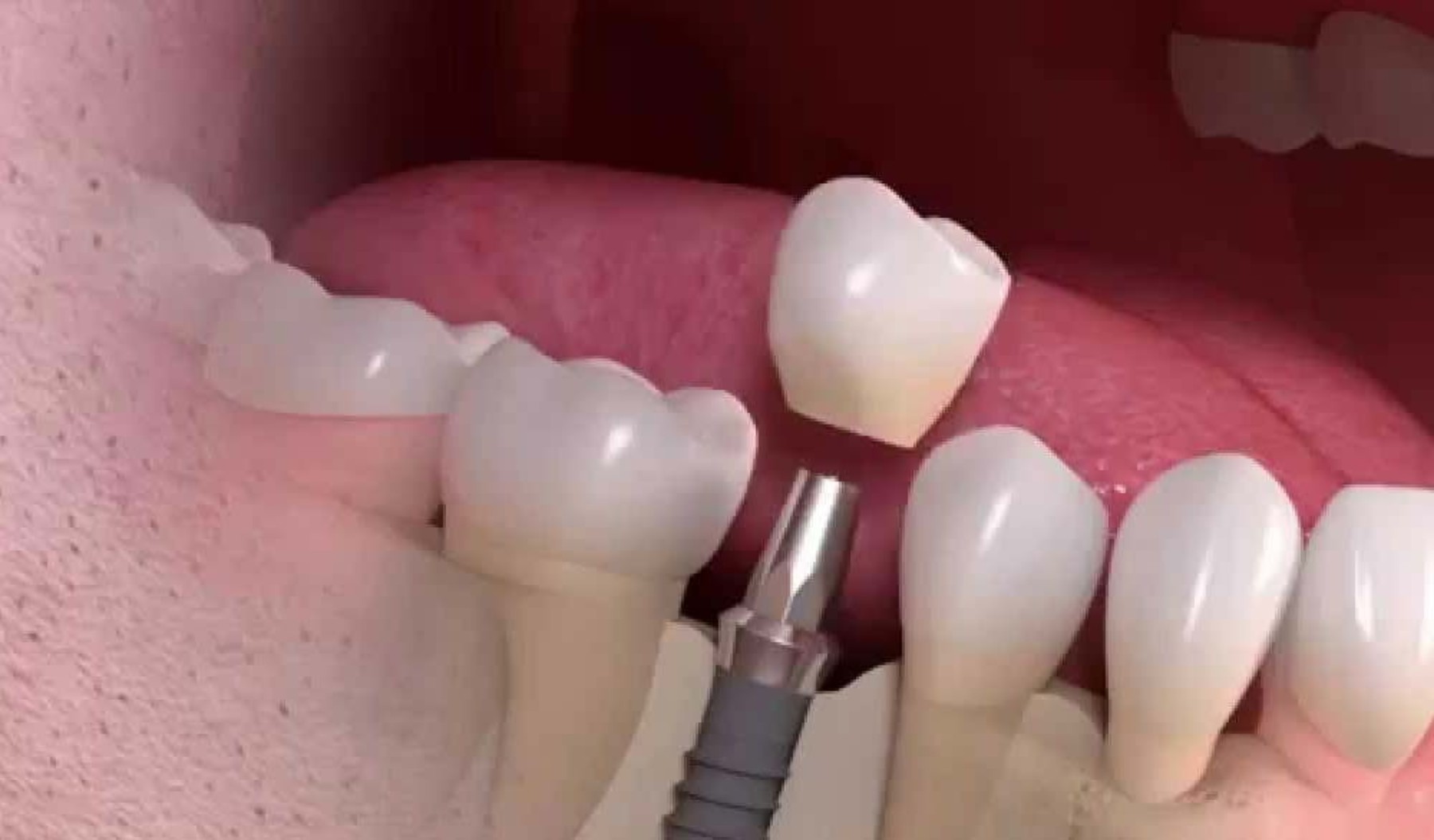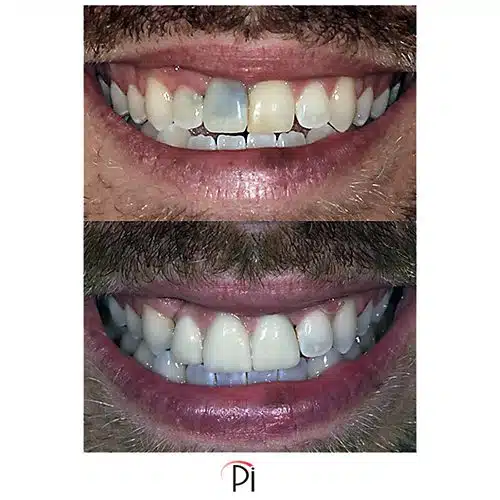Check Out the Numerous Kinds Of Oral Implants Available Today
In the world of dental care, oral implants have become a durable remedy for tooth loss, supplying both visual charm and useful advantages. The variety of alternatives, varying from single tooth implants to mini oral implants, deals with varied demands and scenarios. This conversation will certainly direct you through the different kinds of implants, clarifying their unique features and advantages. This exploration could potentially light up the path to a renewed smile, so why not proceed?
Comprehending the Basics of Dental Implants
Although they might appear discouraging in the beginning, oral implants are really a fairly straightforward concept to comprehend. These are generally artificial tooth origins, normally made from resilient and biocompatible materials like titanium, created to replace missing teeth. The implant is operatively inserted into the jawbone, giving a durable base for sustaining several false teeth, referred to as crowns. With time, the dental implant fuses with the bone in a process called osseointegration, making sure a secure and enduring fit. Oral implants are renowned for their longevity and natural look, often equivalent from real teeth, enhancing patients' self-confidence and improving their total dental wellness. Hence, recognizing dental implants is the primary step towards exploring various types and their benefits.
Solitary Tooth Dental Implants: A Review
Single tooth oral implants act as an efficient remedy for people who have shed a solitary tooth because of injury, degeneration, or illness. These implants are created to resemble the feature and look of an all-natural tooth, giving the patient with a long lasting, lasting substitute. The process entails the insertion of a titanium message into the jawbone, which works as the brand-new tooth's root. After the message is securely integrated right into the bone, a custom-made crown, made to match the shape and color of the all-natural teeth, is attached. Solitary tooth dental implants not only bring back the aesthetic appeals of the smile yet likewise protect against bone loss, preserve face framework, and make sure appropriate feature of the mouth. This choice, nevertheless, is not suitable for individuals that have lost several teeth, which is a topic for another conversation.
Full Mouth Dental Implants: Comprehensive Remedy for Tooth Loss
While solitary tooth oral implants are a reliable service for the loss of a single tooth, people who have experienced substantial tooth loss call for a more comprehensive strategy. Complete mouth oral implants provide such a service, attending to numerous missing out on teeth or even an entire collection of teeth, both top and lower. This method entails placing several implants into the jawbone as assistances for a complete bridge or denture.
All-on-4 Dental Implants: An Ingenious Method
This method employs four tactically put implants to support a whole arch of teeth, removing the requirement for one implant per tooth. The procedure's name, "All-on-4," highlights this benefit, with all teeth installed on just 4 implants. With its distinct blend of effectiveness, affordability, and comfort, the All-on-4 offers an appealing choice in the broad range of dental implant choices.

Mini Dental Implants: A Much Less Invasive Choice
The realm of oral implants continues to increase with the introduction of much less invasive alternatives like mini dental implants (Dental Implants). These are Learn More Here smaller sized than conventional implants and are typically utilized when the patient's jawbone can not sustain larger ones. In spite of this, mini dental implants have confirmed to be a considerable advancement in dentistry, supplying a less intrusive and potentially a lot more accessible option for tooth substitute.

How to Select the Right Dental Implant for Your Demands
Given the myriad of oral implant alternatives offered today, making the best choice for your basics unique oral requirements can seem daunting. Particular problems, like unrestrained diabetes mellitus or osteoporosis, can hinder the success of oral implants. Some implants are much better suited for changing solitary teeth, while others work best for numerous missing teeth.
Conclusion
